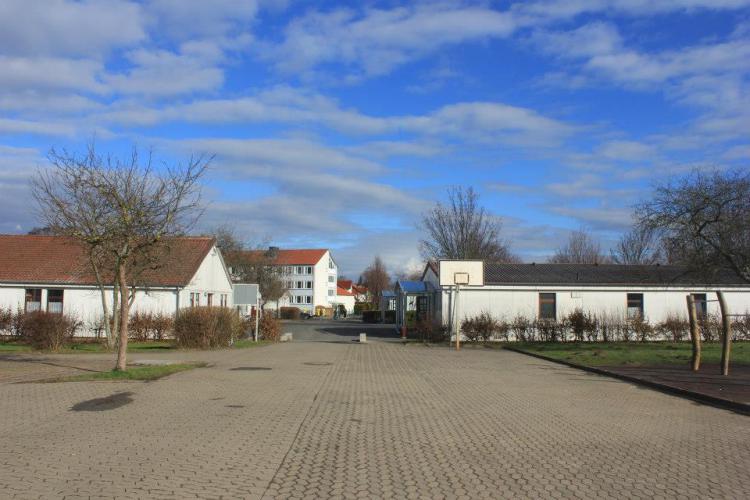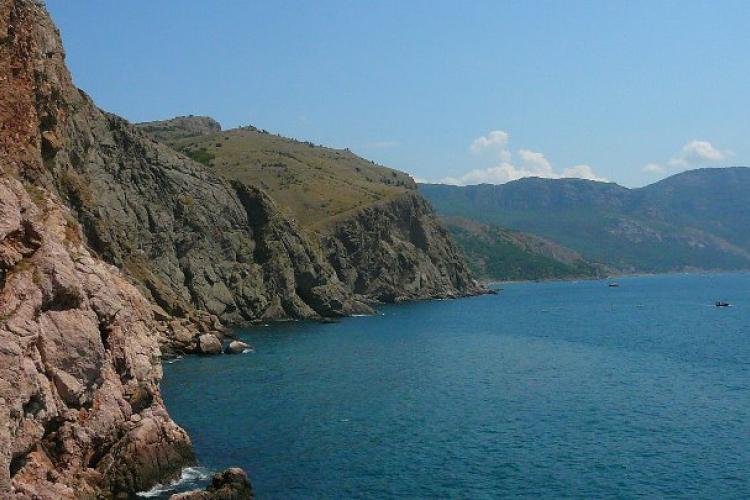Discursive Construction of Migrant Identities and Border Change
This is the tenth installment of the themed series on Border Criminologies network members. The series aims to present our members’ ongoing research, recent publications, new course modules they might be developing, grants and awards, partnerships and collaborations, and questions they have been considering or struggling with.
Posted:
Time to read:
Post by Olga Zeveleva, PhD Candidate, University of Cambridge.
I meditate (read: procrastinate) by studying maps. Google maps and street view, Wikimapia, maps of Instagram posts, and my personal favorite: iknowhwereyourcatlives.com. Consequently, the political and social construction of territory is constantly on my mind. My interest in space, place, and territory drives the two research projects I’m currently working on.
The Discursive Construction of Co-ethnic Migration and National Identity
The first research project has to do with the discursive construction of migrant identities in Germany. I focus on biographical narratives of co-ethnic migrants who moved to Germany from former Soviet states in the 1980s to 2000s. I examine the state-produced discourses that frame ideas on migration, repatriation, and ethnicity in Germany, and I analyze how these discourses influence co-ethnic migrants’ self-identity narratives. The study combines biographical sociology with critical discourse analysis.

This research has taken me to the German border transit camp Friedland, where co-ethnic repatriates go when they first arrive in Germany. This camp is also a temporary home for hundreds of refugees and asylum seekers from Syria and other countries all over the world. During my ethnographic work in this camp, I found that the spatial ordering of the camp favors a narrative of Germany as a state of ethnic Germans and silences the narratives of asylum seekers with ‘non-German’ backgrounds.
To read more about this project, you can check out my annotated photo series on the Border Criminologies blog, ‘Symbolic Borders in Detention Spaces: Inside a German Refugee Camp’ and my working paper ‘The Discursive Construction of Co-Ethnic Migration’. To read more about my research of repatriation policies in comparative historical perspective, see my article ‘Political aspects of repatriation: Germany, Russia, Kazakhstan. A comparative analysis’.
Media Discourses and Reterritorialization
My second project tackles the discursive construction of reterritorialization, or changing territorial configurations, borders, and power. Within this project, I focus on Crimea following its 2014 secession from Ukraine and integration into Russia. I analyze how various media discourses on borders and reterritorialization are produced, and whether they shape self-identity narratives among residents of the peninsula. This research draws from literature on de-facto states, media studies, border studies, and critical geopolitics.

During the Russia-Ukraine crisis of 2014 and following the Crimean referendum, mapmakers had to make decisions about how to depict a territory claimed as part of Russia, yet not recognized as Russian by many states on the international arena. Google, for example, currently depicts Crimea as a region within Ukraine on google.com.ua, while viewers of google.ru are presented with an image of a border cutting the peninsula off from Ukraine. The map on iknowwhereyourcatlives.com, on the other hand, locates over 1,000 Crimean cats in Ukraine, judging by the lack of state borders drawn between Crimea and Ukraine on the website. My project will show how different media outlets make decisions on certain depictions of territorial change over others.
Stay tuned for more posts and papers on this project in the coming months.
Any comments about this post? Get in touch with us! Send us an email, or post a comment here or on Facebook. You can also tweet us.
__________
How to cite this blog post (Harvard style):
Zeveleva, O. (2016) Discursive Construction of Migrant Identities and Border Change. Available at: https://www.law.ox.ac.uk/research-subject-groups/centre-criminology/centreborder-criminologies/blog/2016/07/discursive (Accessed [date]).
Share:








